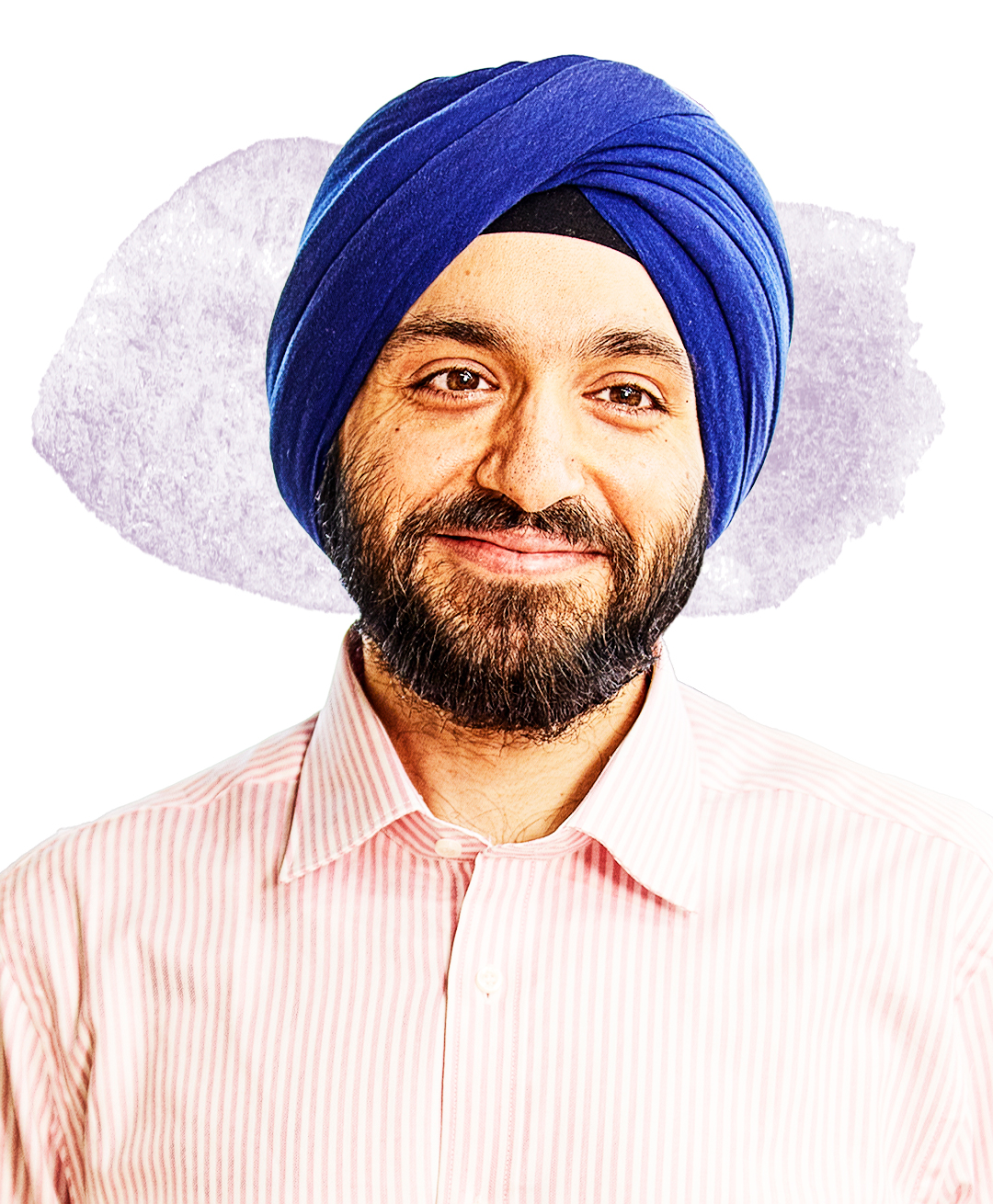Pushmeet Kohli describes himself as, by nature, cautiously optimistic or optimistically cautious. It’s a fitting temperament for the man leading both Google DeepMind’s AI for Science project, which uses AI to solve scientific grand challenges, and its Responsible and Reliable AI team, which makes sure DeepMind’s AI systems don’t go off the rails.
Kohli grew up in Dehradun, India, in the foothills of the Himalayas, and moved to the U.K. to study. He spent nearly 11 years at Microsoft, where he was ultimately director of research in its Cognition Group, which aimed to build AI systems that could carry out almost all of the types of tasks that humans can do. He joined DeepMind in 2017 and soon set up the Safe and Reliable AI team, which later changed its name. (DeepMind merged with a division of Google in April to become Google DeepMind.) Kohli says Shane Legg, co-founder and chief AGI, or artificial general intelligence, scientist at DeepMind, had been working on safety “from day zero,” but his team tries to address the “safety issues that come with deployment of ML [machine learning] models in the near term.”
More from TIME
Kohli refuses to pick a favorite between the two teams he leads, but his eyes light up when he discusses the work of AI for Science. AlphaFold, the team’s greatest success so far, has been used by over 1 million researchers, and can predict the structures of proteins from their amino-acid structure in seconds, a task that previously took months or years. Better understanding of protein structures will accelerate drug discovery and may pave the way for further scientific breakthroughs.
More recently, Kohli’s AI for Science team announced AlphaTensor, an AI system that builds on AlphaZero, which shows extraordinary performance across a range of games including Go, and can discover novel algorithms.
He thinks that AI, by improving our understanding of the world, will ultimately solve more problems than it creates. For instance, scientists have gone back and forth for years on issues as seemingly trivial as “whether wine is good for you or not,” Kohli says. He views the complex challenges he hopes AI will help address, such as climate change and pandemics, as analogous to the wine debate, “but at the planetary scale.”
- The 100 Most Influential People of 2024
- How Far Trump Would Go
- Why Maternity Care Is Underpaid
- Scenes From Pro-Palestinian Encampments Across U.S. Universities
- Saving Seconds Is Better Than Hours
- Why Your Breakfast Should Start with a Vegetable
- Welcome to the Golden Age of Ryan Gosling
- Want Weekly Recs on What to Watch, Read, and More? Sign Up for Worth Your Time
